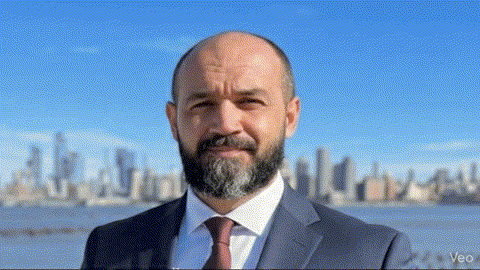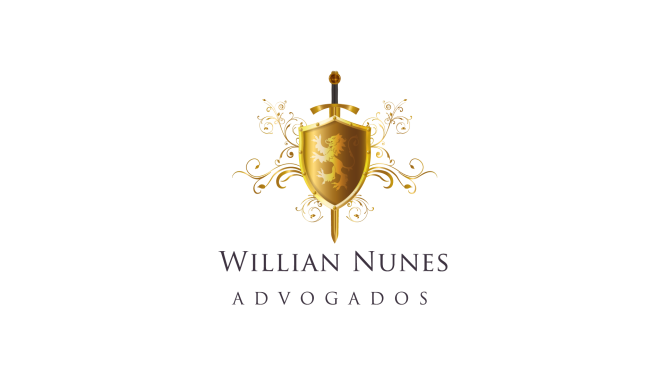If you are a foreigner with assets, heirs, or investments in Brazil, it is crucial to understand how inheritance tax works under Brazilian law. Whether you own real estate, a company, or a bank account in Brazil, these assets may be subject to taxation upon your death. Planning ahead with a qualified attorney can help reduce risks, avoid unnecessary costs, and ensure a smooth transfer of wealth to your beneficiaries.
What is inheritance tax in Brazil?
In Brazil, inheritance tax is called ITCMD (Imposto sobre Transmissão Causa Mortis e Doação), which translates to “Tax on Transmission Cause of Death and Donations.” It is a state-level tax, meaning each Brazilian state determines its own tax rate and rules within limits set by the Federal Constitution.
How much is inheritance tax in Brazil?
As of today, most states in Brazil charge between 4% and 8% of the total value of the estate transferred. The exact rate will depend on the state where the deceased had residency or where the assets are located. Some states apply progressive rates depending on the value of the inheritance.
For example:
- São Paulo: 4% flat rate
- Rio de Janeiro: up to 8% (progressive)
- Minas Gerais: 5%
- Bahia: 8%
Does the inheritance tax apply to foreigners?
Yes. Foreigners who own assets in Brazil — such as real estate, vehicles, companies, or bank accounts — are subject to ITCMD on the transfer of these assets, even if their heirs live abroad. Brazilian law applies to assets located in Brazil, regardless of the deceased’s nationality or residence.
Are international heirs taxed in Brazil?
Yes. If the deceased leaves Brazilian assets to foreign heirs, ITCMD will still be due in Brazil. The tax must be paid before the inheritance can be transferred to the heirs. In most cases, the estate (not the heir) is responsible for the payment, but the process may be blocked until the tax is settled.
How is inheritance tax calculated?
The tax is calculated based on the market value of each asset at the time of death. An official appraisal may be required, especially for real estate. The government then applies the state’s ITCMD rate to this amount. Heirs are required to pay the tax before receiving the property or financial assets.
Can inheritance tax be reduced or avoided?
There are legal strategies to reduce exposure, such as:
- Estate planning with a Brazilian will
- Creating a holding company to manage assets (useful for real estate or family businesses)
- Gifting assets during lifetime, with attention to donation tax (also subject to ITCMD)
- Using life insurance (payouts may be exempt from ITCMD, depending on the policy structure)
- Structuring international trusts or foundations, depending on tax residency and double-tax treaties
These strategies must be carefully planned with the support of a lawyer and tax advisor in Brazil.
Do I need to pay inheritance tax in two countries?
It depends on whether Brazil has a tax treaty with the other country (e.g., the United States or a European country). Brazil does not currently have a specific inheritance tax treaty with the U.S., which means double taxation is possible — once in Brazil (ITCMD) and again in the U.S. under federal or state inheritance rules.
To avoid unnecessary tax burdens, international estate planning is highly recommended.
Is there a deadline to pay inheritance tax in Brazil?
Yes. Each state sets a deadline, but typically the tax must be paid within 60 to 180 days from the date of death or the opening of the succession process. Interest and fines apply for late payment. In most cases, the succession (inventário) cannot be concluded without proof of ITCMD payment.
How is the tax collected?
The payment is usually made through the state’s online system, and the taxpayer receives a DAR (Documento de Arrecadação) to present in the succession process. A Brazilian lawyer handles the full process, including asset valuation, tax calculation, payment, and proof submission.
Do digital assets or cryptocurrencies pay inheritance tax in Brazil?
Yes. While not all Brazilian states have clear rules for crypto-assets, they are considered part of the estate and should be declared. Their value will be included in the ITCMD calculation. It’s important to ensure that digital assets are properly documented and accessible to heirs.
Is inheritance planning necessary if I already have a will abroad?
Yes. Foreign wills are not automatically valid in Brazil. To be enforced, they must go through homologation (court recognition), which is slow and expensive. The better solution is to draft a Brazilian will, specifically addressing assets located in Brazil. This helps simplify the process and ensures your heirs avoid bureaucratic and tax issues.
What happens if ITCMD is not paid?
The estate cannot be transferred to the heirs until the tax is paid. The property may be frozen, blocked from sale or rental, and subject to legal action. In some cases, heirs may lose rights due to missed deadlines or legal errors.
What documents are required to pay ITCMD?
- Death certificate
- Full list of Brazilian assets
- Appraisal reports (for real estate or vehicles)
- Tax ID (CPF) of the heirs
- Marriage certificate or will, if applicable
- Legal representation (power of attorney)
How can WNAdvogados help?
At WNAdvogados, we specialize in assisting foreigners and international families with inheritance tax planning, succession processes, and estate structuring in Brazil. Whether you want to protect your Brazilian assets or support your heirs in receiving their inheritance safely and legally, our legal team provides complete solutions in English and Portuguese. We handle tax filings, represent heirs in court, draft wills, and develop strategies to reduce your tax burden.
Need expert legal help in Brazil? Contact WNAdvogados today
If you are a foreigner with assets in Brazil or an international heir, don’t risk losing time or money with bureaucratic mistakes. WNAdvogados offers legal expertise in succession law, international inheritance, and tax planning for individuals and families across borders.
Visit www.wnadvogados.adv.br or email us to schedule a confidential consultation.
Learn how inheritance tax (ITCMD) works in Brazil for foreigners. Avoid legal risks and double taxation with expert planning by WNAdvogados.


